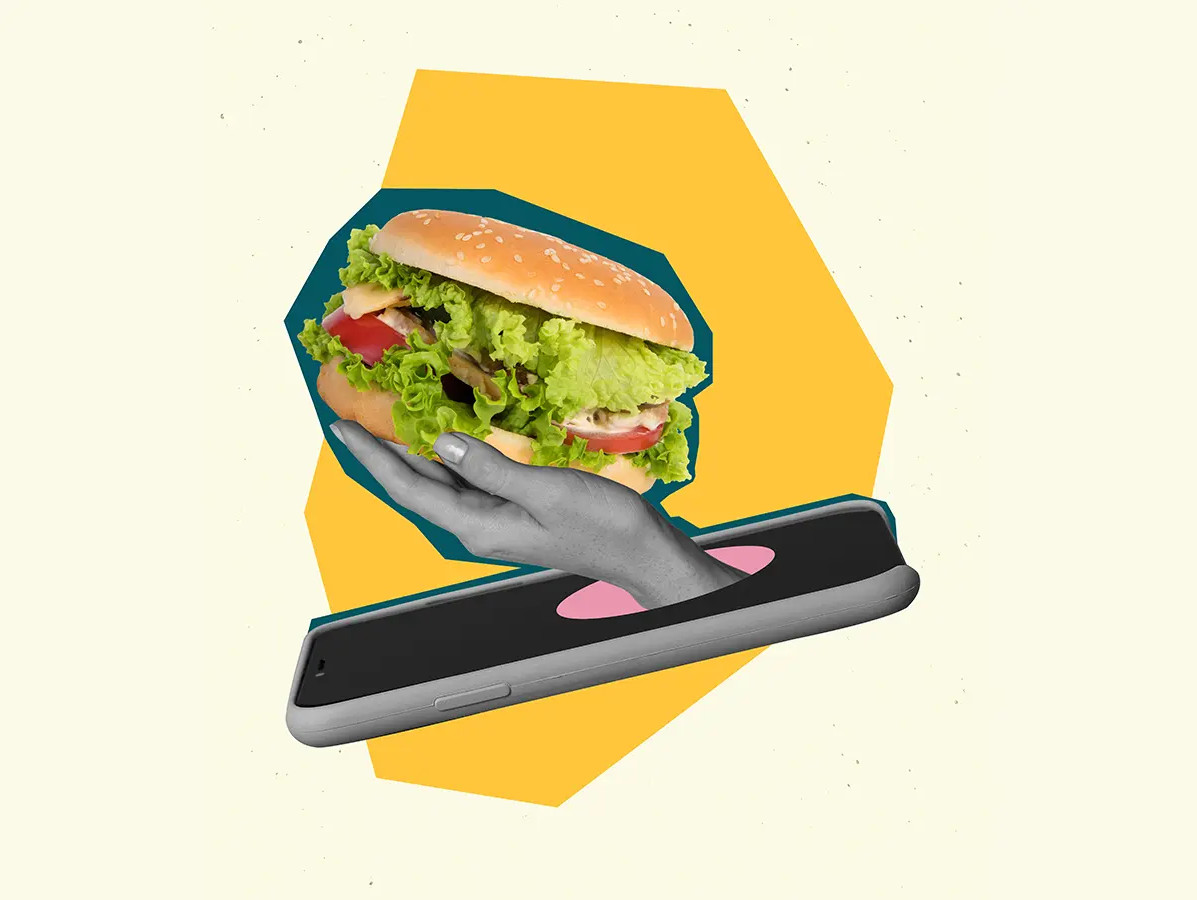
TV commercials, social media, and marketing campaigns have a major impact on what we eat and how we think about food. Children and vulnerable groups, in particular, are exposed to countless messages about food and drinks every day, often without realizing it. INFOODMATION, a research project by Wageningen University & Research, maps out these mechanisms and examines their effects.
The growing flood of food-related communication also increases the spread of misinformation. INFOODMATION investigates how modern communication strategies influence consumers and whether European regulations are sufficient.
"Modern communication strategies, driven by mainstream and emerging media, have a significant influence on our choices. That’s why we want to examine whether the EU’s current legislation is equipped to meet these challenges," says Francesco Montanari, researcher and lecturer at the Law Group of Wageningen University & Research.
INFOODMATION follows a structured approach:
Researcher Esra Akdogan emphasizes the project’s goal: "By closing the gap between policy, media influence, and consumer behavior, we aim to contribute to a food system where people can navigate their choices with confidence and clarity."
Source: Wageningen University & Research